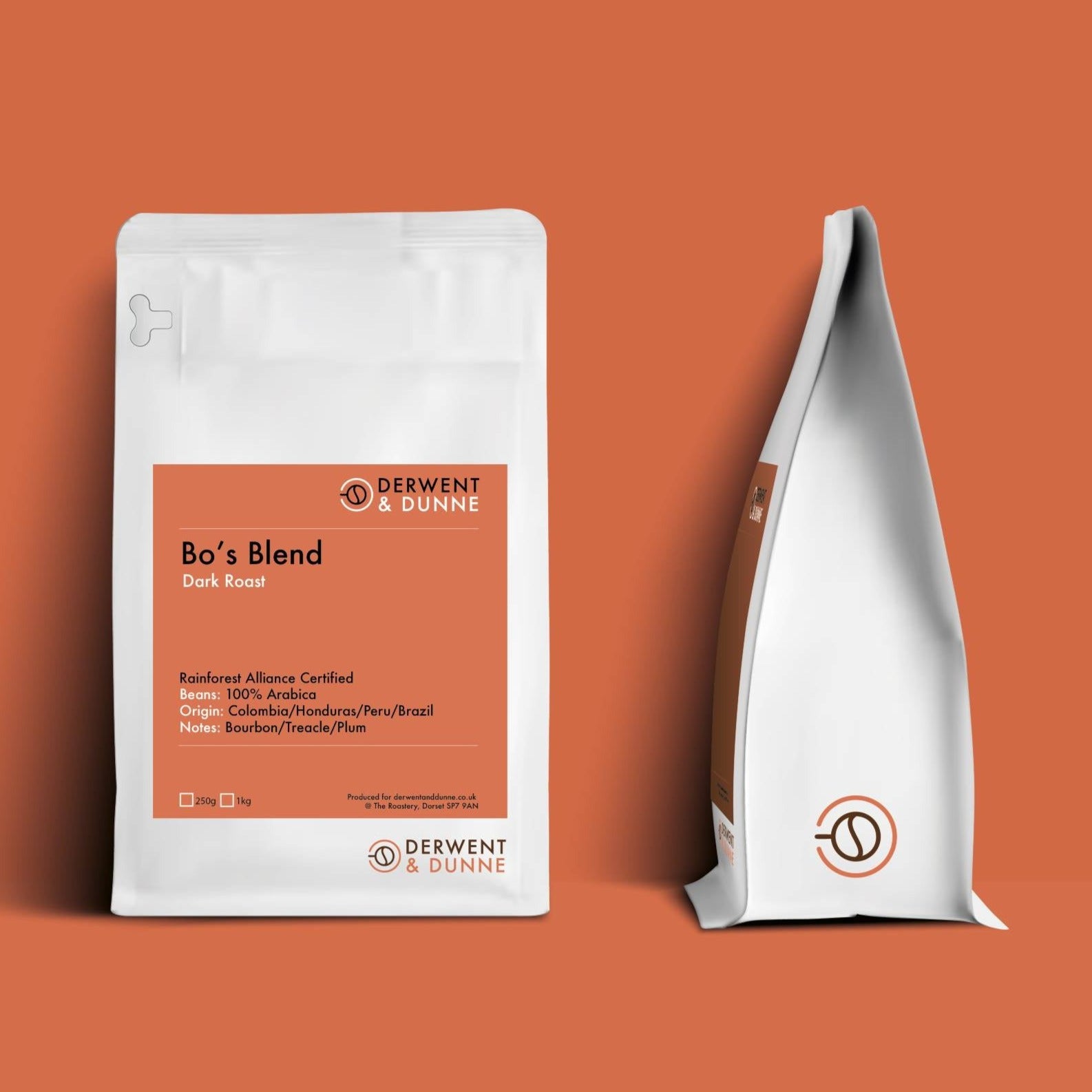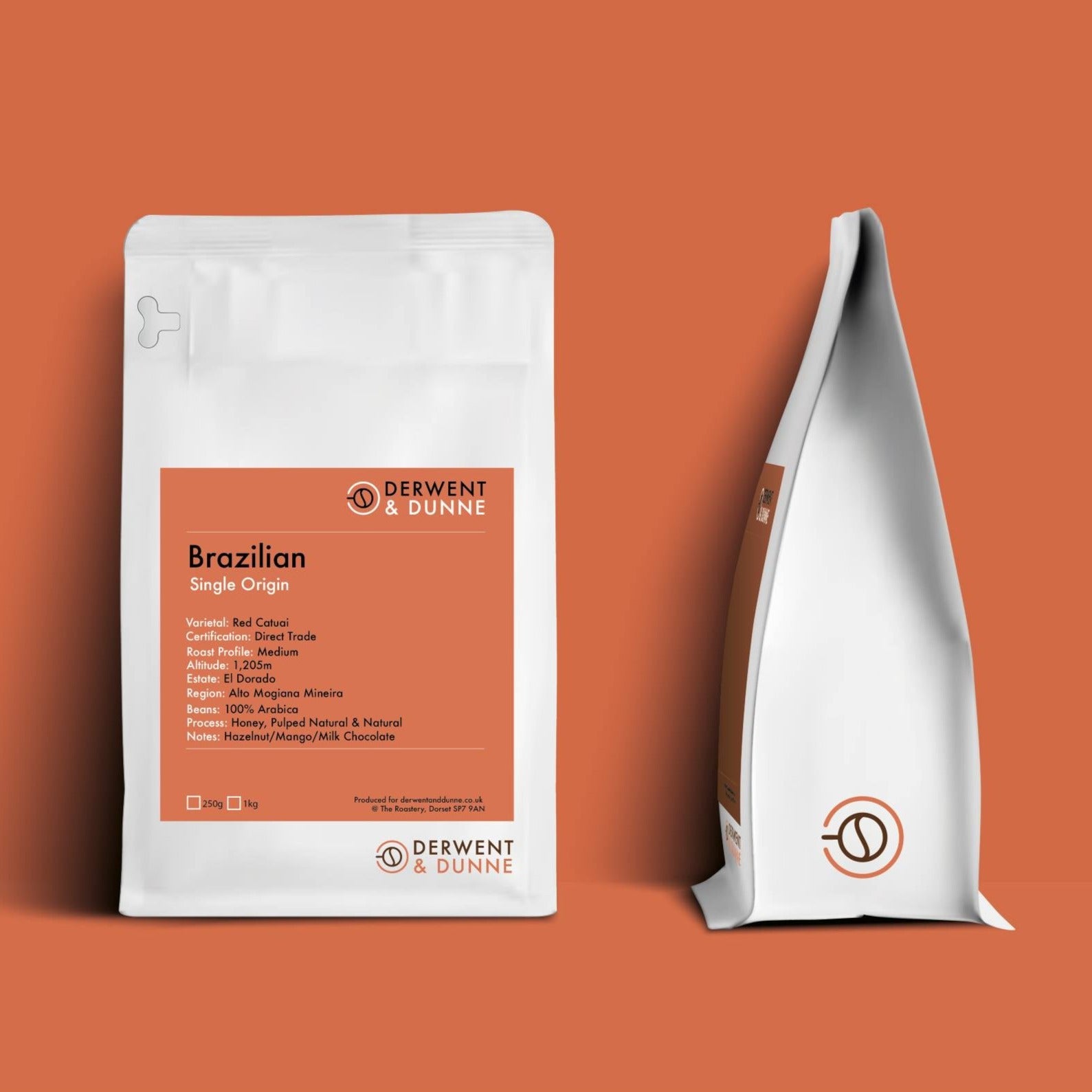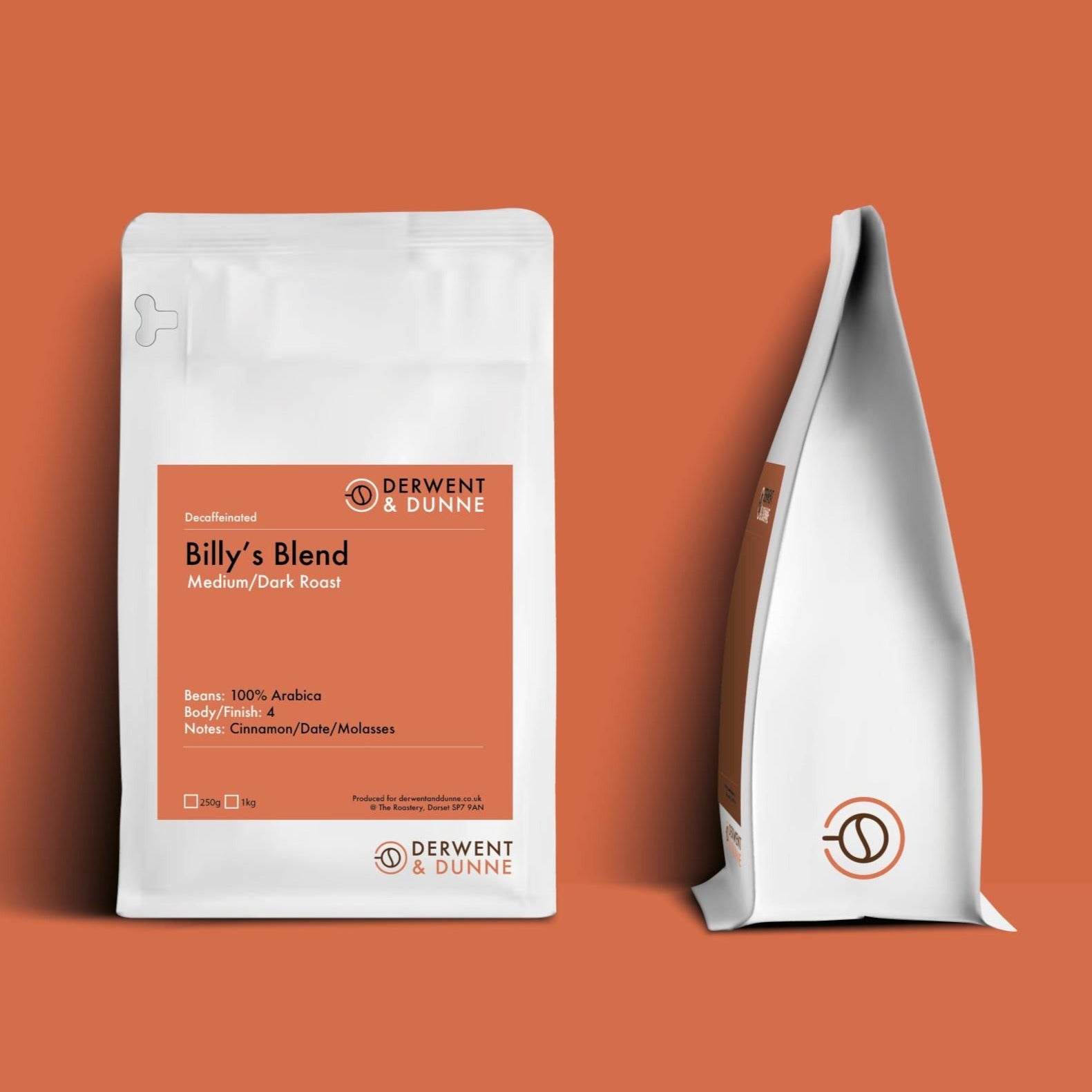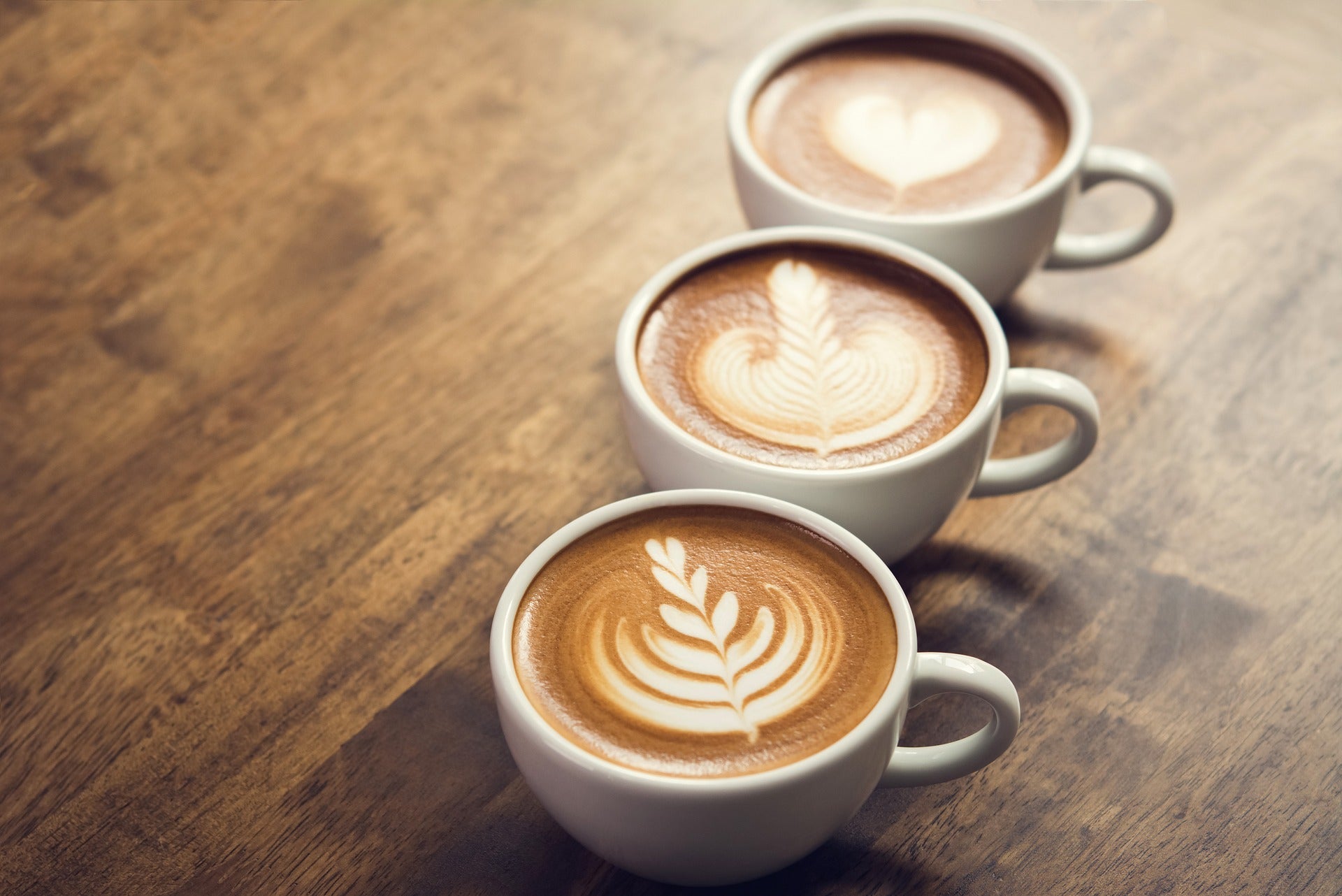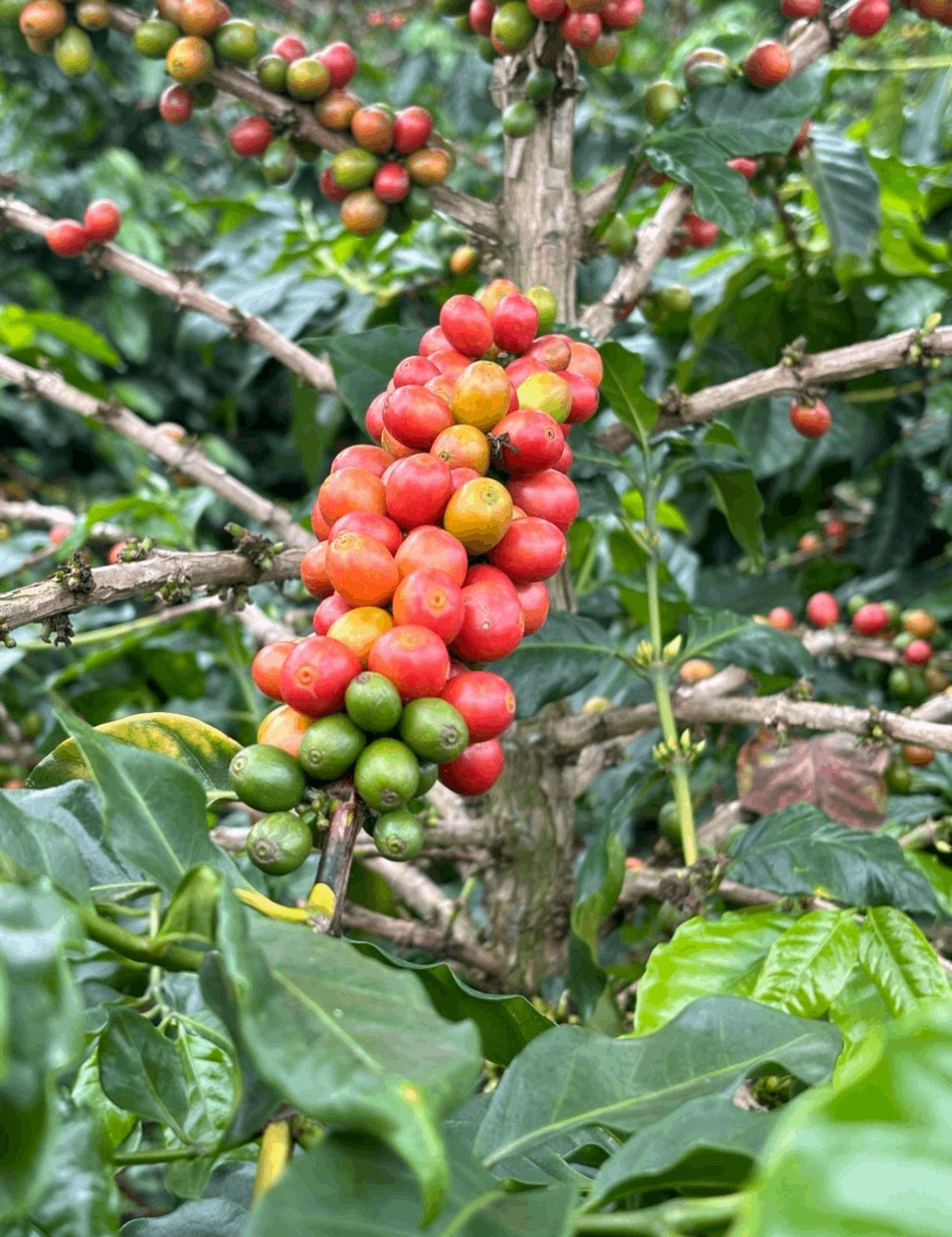Light Roast vs. Dark Roast Coffee: Debunking the Myths and Finding Your Perfect Brew
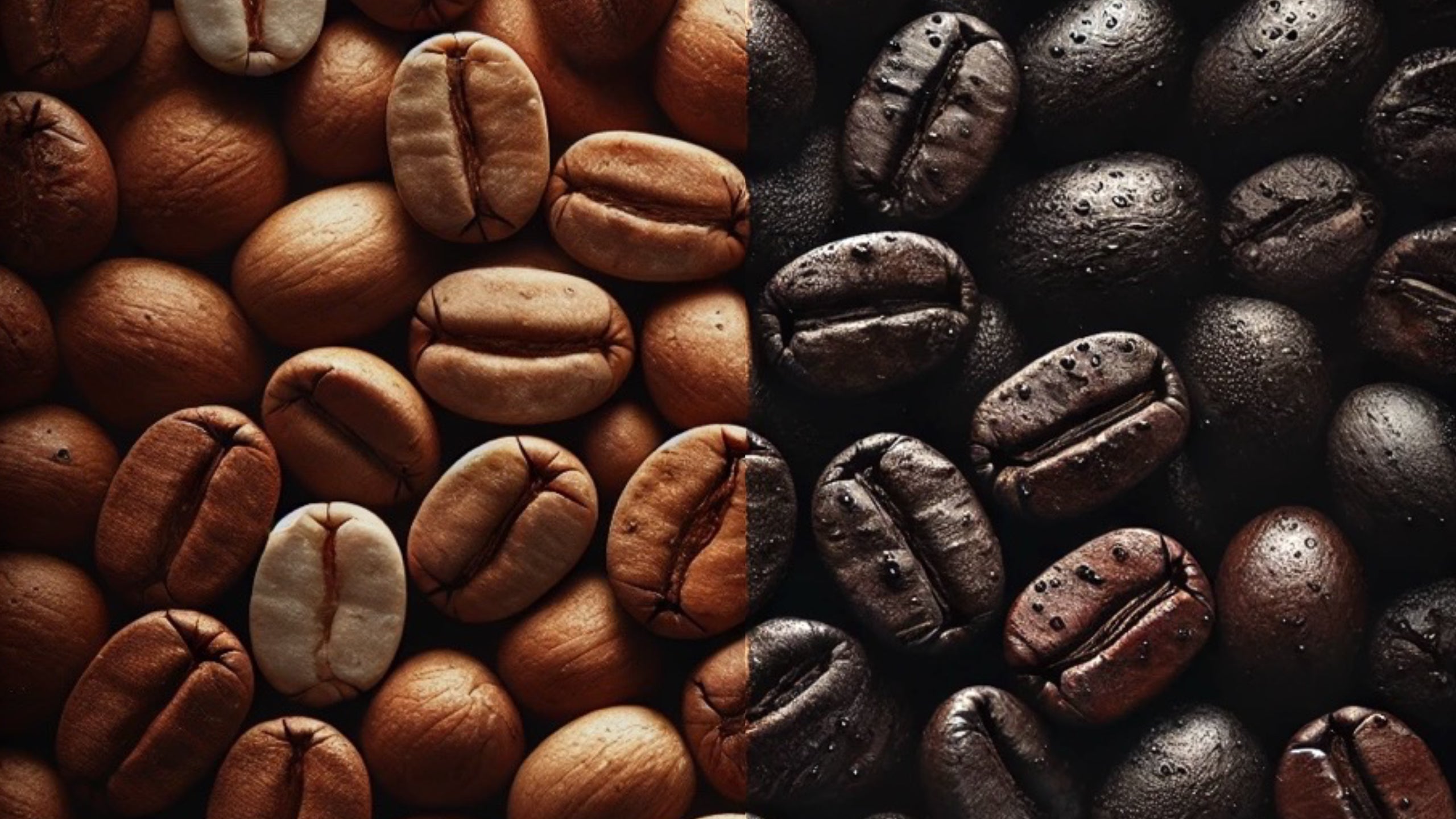
Coffee lovers often find themselves caught in the debate between light and dark roast coffee. With so much information—and misinformation—floating around, choosing the right roast can feel more confusing than it should be. Do you opt for the intense, bold flavours of a dark roast, or the bright, nuanced notes of a light roast? Is there really a difference in caffeine content, or is it all just a matter of taste?
In this blog, we’re here to set the record straight. We’ll debunk some of the most common myths about light and dark roast coffee and help you understand what truly matters when selecting your perfect brew. Whether you’re a seasoned coffee connoisseur or just starting to explore the world of premium coffee, this guide will help you make an informed choice that suits your palate.
Section 1: Understanding Light and Dark Roasts
The journey from raw coffee bean to your morning cup involves several crucial steps, with roasting being one of the most significant. The roasting process is where the magic happens—it’s what brings out the flavours, aromas, and complexities that we associate with coffee. But what exactly makes a coffee a "light roast" or a "dark roast"?
Light Roast Coffee
Light roast coffee beans are roasted for a shorter amount of time, just until they reach what’s known as the “first crack.” This means the beans have retained much of their original character, resulting in a brew with brighter, more acidic flavours. Light roasts often highlight the unique characteristics of the coffee’s origin, making them a favourite among those who appreciate the subtle nuances of single-origin beans.
Dark Roast Coffee
Dark roast coffee, on the other hand, is roasted beyond the first crack and often into the “second crack.” The longer roasting time produces beans that are dark brown, almost oily in appearance, and result in a richer, more robust flavour profile. Dark roasts tend to have lower acidity and a more pronounced bitterness, which many coffee drinkers find comforting and familiar.
Common Myths About Light and Dark Roast Coffee
When it comes to light and dark roast coffee, there are plenty of myths that can lead even the most seasoned coffee drinkers astray. Let’s clear up some of the most common misconceptions.
1: Does Dark Roast Coffee Has More Caffeine?
One of the most pervasive myths is that dark roast coffee contains more caffeine than light roast. In reality, the difference in caffeine content between the two is minimal and often negligible. The roasting process does slightly reduce the caffeine content, but not enough to make a noticeable difference in your cup. If you’re choosing between a light and dark roast based on caffeine, rest assured that both will give you a similar caffeine boost.
2: Is Light Roast Coffee is More Acidic?
Another common belief is that light roast coffee is always more acidic than dark roast. While it’s true that light roasts often have a brighter, more acidic flavour, this doesn’t necessarily mean they are more acidic in a chemical sense. The perceived acidity in light roasts is due to the preservation of the coffee’s natural fruitiness and the higher retention of the bean’s original flavours. On the other hand, dark roasts have a fuller body with deeper, roasted flavours, which can mask acidity even though the pH level might not be drastically different.
3: Are Dark Roasts Are Always Bitter?
While it’s true that dark roasts tend to have a stronger, more intense flavour, it doesn’t mean they have to be bitter. The bitterness in coffee often comes from over-extraction during brewing, rather than from the roast itself. A well-roasted dark coffee should have a rich, smooth flavour without being overwhelmingly bitter. If you’ve experienced overly bitter dark roast coffee, it may have been due to improper brewing methods rather than the roast level itself.
How to Choose the Right Roast for You
Choosing the perfect roast can feel overwhelming with so many options available, but it all comes down to your personal preferences and how you enjoy your coffee. Here’s a simple guide to help you find the roast that’s just right for you.
-
Consider Your Flavour Preferences
Do you enjoy coffee with bright, fruity, and floral notes? If so, a light roast is likely your best bet. Light roasts preserve the beans' natural flavours, making them ideal for those who appreciate a more delicate, nuanced cup. You’ll often find light roasts in speciality coffee shops, where the focus is on showcasing the unique characteristics of single-origin beans. These roasts are popular among those who enjoy pour-over coffee, where the brewing method highlights these subtle flavours.

On the other hand, if you prefer coffee with a fuller body, deeper flavours, and hints of chocolate or caramel, you might find a dark roast more satisfying. Dark roasts tend to offer a more consistent, bold flavour profile, which can be comforting for those who like their coffee strong. You’ll typically find dark roasts used in espresso-based drinks, especially in Italian and French coffee traditions, where the robust, slightly smoky flavours are preferred. Dark roasts are also common in classic diner-style drip coffee, where the goal is to deliver a rich and satisfying cup.

-
Think About How You Brew Your Coffee
Your brewing method can also influence the best roast for you. Light roasts are often favoured by those who brew their coffee using methods like pour-over, Aeropress, or drip, where the brewing process can highlight the coffee's subtle flavours. These methods allow the complexity of light roasts to shine through, making them popular in third-wave coffee shops and among home brewers who enjoy experimenting with different beans and brewing techniques.
Dark roasts, with their richer and more intense flavour, work well with methods like espresso or French press, which can extract the coffee's bolder characteristics. Espresso, in particular, often favours darker roasts because the intense brewing process extracts the oils and deep flavours from the beans, resulting in a thick, rich shot of coffee. If you enjoy traditional Italian espresso or a strong French press brew, a dark roast might be your ideal choice.

-
Pairing Coffee with Food
Another factor to consider is how you plan to enjoy your coffee. Light roasts can be a great match for a light breakfast or afternoon treat, complementing pastries, fruits, and other lighter fare. The bright acidity of a light roast pairs beautifully with fresh, fruity flavours, making it a great choice for pairing with a croissant or a bowl of berries.
Dark roasts, with their fuller body and stronger flavours, pair well with richer foods like chocolate desserts, hearty breakfasts, or even a savoury meal. The robust flavour of a dark roast can stand up to the intensity of dark chocolate or a full English breakfast, making it a versatile choice for those who enjoy coffee with their meals.
Final Thoughts and Invitation to Explore
Choosing between light and dark roast coffee ultimately comes down to personal preference, but understanding the differences can help you make a more informed choice. Whether you prefer the bright, lively flavours of a light roast or the bold, robust notes of a dark roast, the most important thing is finding a coffee that you enjoy.
At Derwent & Dunne, we’re passionate about helping you discover the perfect brew. Our selection of premium coffees is curated with care, ensuring that there’s something for every palate. We invite you to explore our range and find the roast that best suits your taste. Whether you’re new to premium coffee or a seasoned enthusiast, we’re here to guide you every step of the way.
Ready to start your journey? Explore our selection here, and don’t hesitate to reach out with any questions. We’re here to help you find your perfect cup

